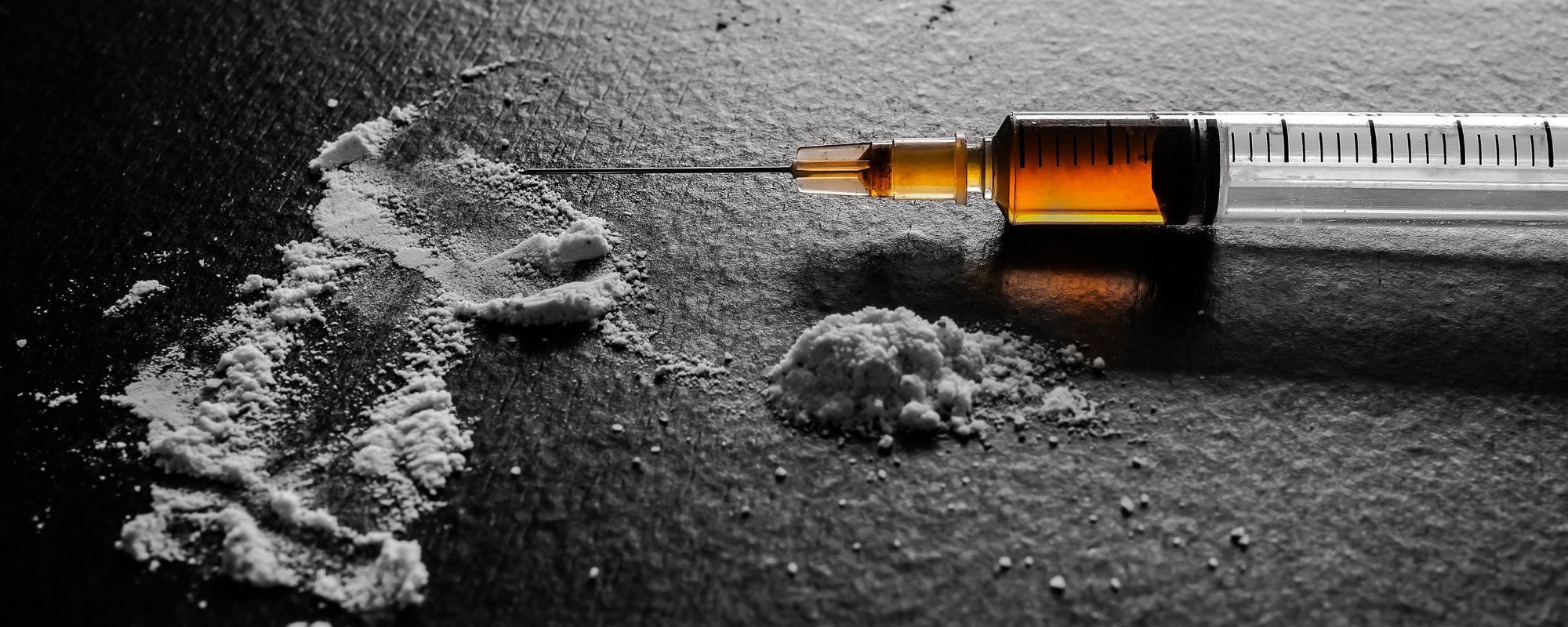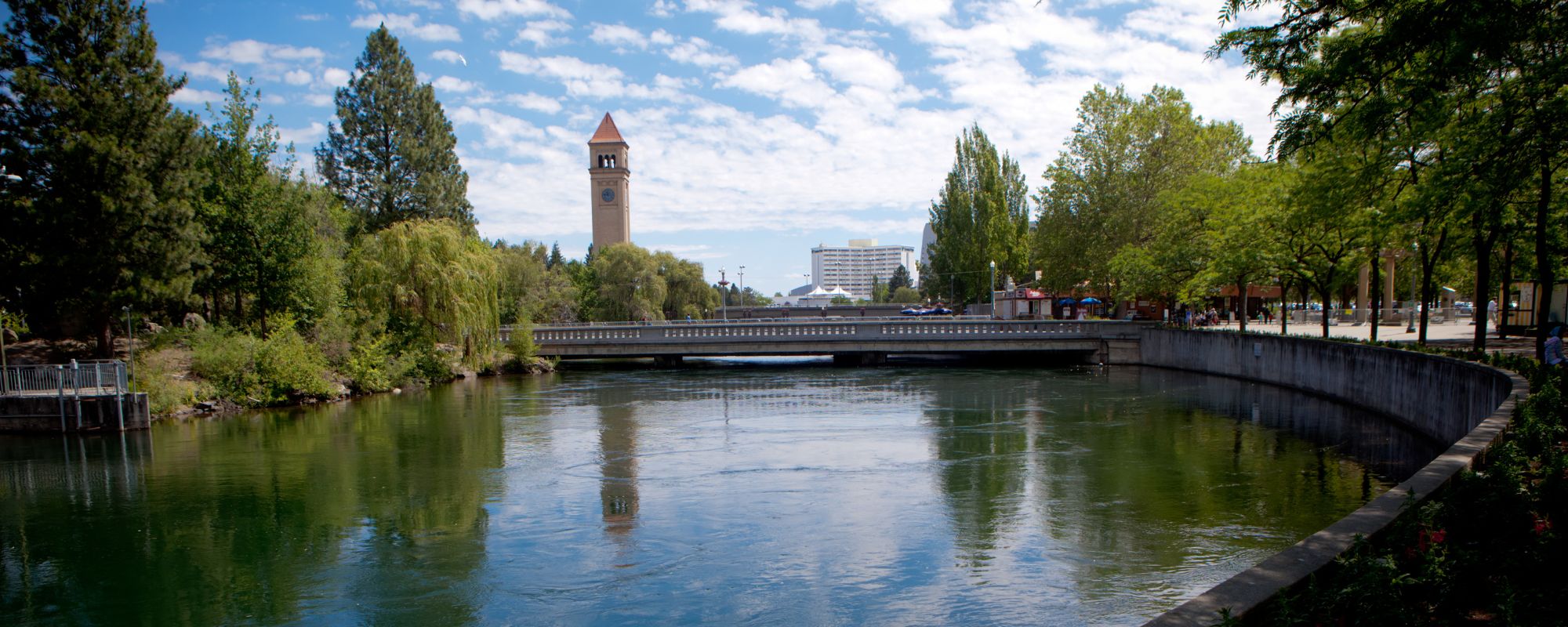Oftentimes parents and loved ones of our guests are baffled at the behavior of their recovering loved ones. They can find it difficult to understand the impatience and rude remarks, or the general lack of interest and social graces. We understand as clinicians that have treated countless people with addiction, that the many years of drugs and or alcohol abuse stunts the emotional and mental growth of anyone. Social skills may become obsolete until recovery is achieved and sustained over a significant period of time.
Recovering from Addiction, In the Brain
While some behaviors may be elements of the person’s character co-morbid mental and emotional conditions, often the biggest impact on guests’ behavior in early recovery has to do with the damage they caused themselves from their use of substances. While most substance use disordered individuals and alcoholics can recover to a completely lucid and mature state, this process can take a long time.
However, the amount that someone’s brain can recover in a short period of time is truly amazing. Scientists have confirmed that within one year people addicted to meth have been able to re-grow most neural pathways they lost during active addiction (this remains true for alcohol and other substances as well). While there is a multitude of other factors associated with this, it remains evident that abstinence allows people to develop social skills and emotional growth that was lost during their time in active addiction.
Social Skills in People with an Extensive Substance Abuse History
We find that the effect on someone is even greater if they were using at an early age, many addicts and alcoholics first start using in their early teenage years. This time is crucial for all aspects of development including social, emotional, and cognitive. When large quantities of drugs and alcohol are consumed during this age period, the brain is simply not capable of maturing the way it is supposed to. This is augmented by the fact that many people in recovery for substance addiction are trying to medicate emotional and mental problems that are latent and just starting to present themselves. Not to mention that substance abusers and alcoholics typically have unstable family relationships, which can repress certain social skills in many cases. These factors only fuel their addiction, and often become their reasons for “self-medicating” in such a self destructive manner.
Rebuilding Neural Pathways
Luckily all of this can be overcome, but it takes time and dedication. It’s not just about abstinence it’s about rebuilding the neural pathways that were destroyed during active addiction. This is why immersing the guest in regular social activities is vital to recovery. Royal Life Centers makes certain that each of our guests is placed in plenty of safe environments for social and emotional growth, with other people in recovery. This is proven to not only benefit recovery but also accelerate the emotional and social growth, that has been stunted by drug and alcohol abuse.
Our experienced staff and clinicians understand that people only recover by completely changing their actions, and consistently doing so. People in recovery cannot think their way into a new way of living they have to act their way into a new way of living. Over time the constant positive social interaction, therapy, and time spent abstinent lay the grounds for a full recovery from addiction and improved social skills. To learn more about the services offered at Royal Life Centers and how we can help, give us a call today.
























